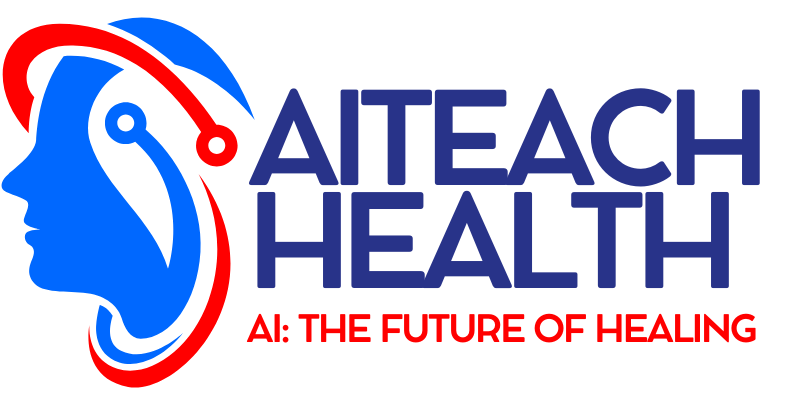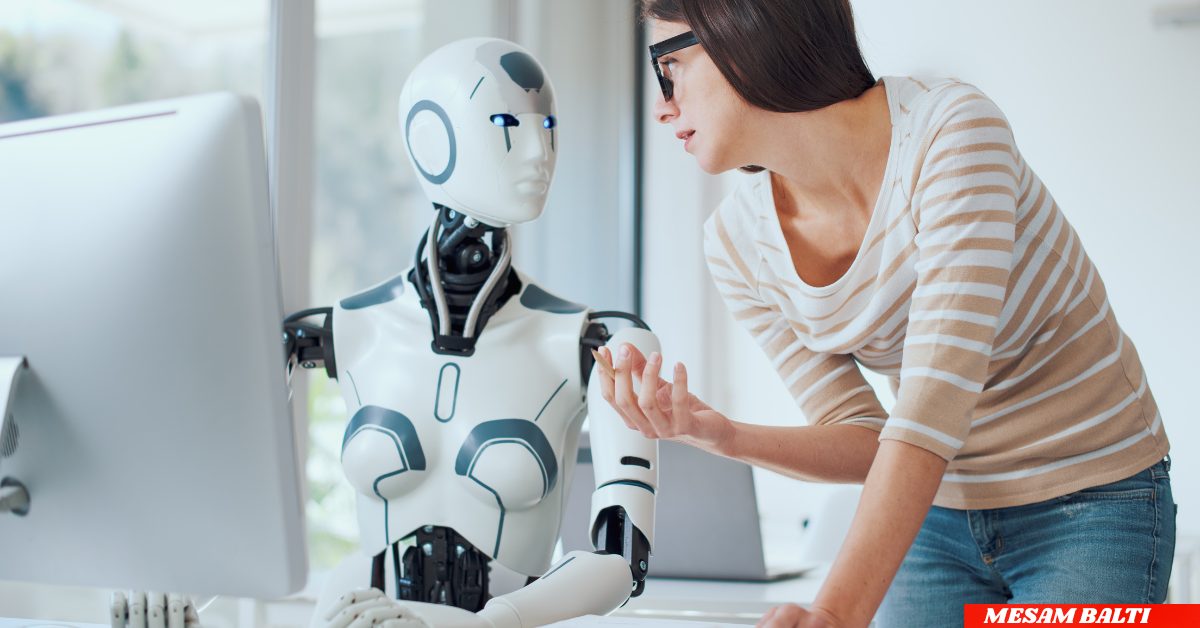Introduction
AI in Eldercare : Smart Aides for single persons and some more, but really!
Building an AI world of elderly care with smart assistants & health monitoring. Read more at AI in elderly care changes life. Find benefits, apps and new policies.
AI in Aged Care – An Introduction
Consider a world in which your aging relatives can remain in their own homes for as long as they are medically and personally able, thanks to technology that allows them to stay healthy and even survive everyday life. AI in aging: technology and the home of the (near) future. Wearable, voice-activated personal assistants are among the innovations employing artificial intelligence (AI) to not only enrich the lives of seniors, but also to help remove some of the load from caregivers. In this post we’ll be exploring the ways in which AI tech is revolutionizing the care of the elderly, the benefits of such in-home AI support, and what this means for the future. Let’s examine some of the enjoyable ways AI is helping to connect seniors, and helping them to live safe, healthy lives.
AI in Elderly Care
AI is no longer the future — it’s here, changing the way we look after our elderly. With the means of smart fourth assistants and health-analyzing devices can offer practical help which will lead to safety and independence. Those kinds of technologies target everyday worries like managing medications, getting around and feeling isolated and can help elders thrive in a place of their choosing, at a time when big gaps in health outcomes separate seniors living in rural and remote communities from those in cities.
The Significance Of AI In Elder Care
Example: A 78-year-old woman who lives alone asks for a Amazon Echo for her birthday because she wants daily reminders to take her heart medication. One day, she is struck with lightheadedness, the device reads her symptoms and emits an alert to her family. This quick response is known as medical emergency defense.
Health Monitoring: AI’s Game-Changing Impact
Artificial intelligence-controlled health monitoring How we are going to monitor old people’s health is changing. Wearable and health monitoring data are ingested in real-time from wearables, smart sensors, and health applications to proactively manage care and early intervention.
Categories of AI In Healthcare Monitoring Apps
- Field Devices: Wearable devices, such as smartwatches like Apple watch or Fitbit provide tracking of heart rate, sleep and activity and alert caregivers to any deviations.
- Smart Home Sensors: Motion sensors are intended to track unusual behavior — say, extended periods of inactivity, which may indicate a fall.
- Market Adoption of Telehealth: AI enabled technology which can process health related info and help elderlies consult doctors from a remote location.
- Predictive Analytics: From patterns (a different example we might give would be changes in your heart rate, or quality of sleep) AI can signal potential health risks.
Case in Point: Wearables and AI in a Senior Living Community
A California senior living community has tapped into an AI through wearables for its residents. The system produced a 20 percent decline in hospital readmissions in six months by detecting the earliest symptoms of heart trouble.
Benefits of AI Health Monitoring
- Primary Prevention: Recognition before health becomes a problem.
- Less Hospital Visits: Preventative care lessens ER trips.
- Empowerment On Your Own: It’s AI surveillance, but, hey: Seniors Want to Age at Home, and Technology Promises to Help Them
Challenges and Ethical Considerations
While the potential for AI in aged care is significant, it is not without its difficulties. Privacy, the digital divide, and technology adoption, among others, are pillars to address in this trend.
Privacy and Data Security
And the A.I. devices themselves collect sensitive health data, raising fears of misuse or breaches. Providers will have to be able to demonstrate that trust with strong encryption and clear data policies.
Technology Adoption
For many seniors, AI tools are likely to be overwhelming. Contributing factors include ease of use and caregiver training which may help address this gap.
Accessibility and Cost
But good AI systems can be expensive, with an admission charge that is too high for working-class families. Governments and institutions ought to drive down the cost of and continue to lower the cost of these tools.
The Next of AI in Elder Care
The Future AI Elder-care: Shiny with Smart Assistants and Health-monitoring. Upcoming tech could also provide additional level tuning:
- Advanced Robotics: AI-powered robots could assist with physical tasks, like lifting and mobility aids.
- Emotional AI: Artificial systems of emotion awareness and expression that respond to the feelings of the elderly would likely provide for a more effective battle against loneliness.
- Integration with Healthcare Systems: Effortless data integration from AI to care providers will enable better coordinated care.
Example: Scientists are developing AI companions that read expressions and faces for signs of depression and suggest activities to perk up seniors.
How to Choose Elder Care AI Tools
Picking the right AI solutions is sort of about what you want to do with it. Here’s a quick guide:
- Assess Needs: What sort of care does the senior require — medical and health monitoring, companionship, a bit of both?
- User Friendly: Choose something that people would easily get to know like voice activated assistants.
- Compatibility: Ensure the system is compatible with your existing healthcare providers—or smart home systems if you prefer.
- Budget: Review Costs and Ongoing Service Subscription Fees
- Reviews And Reliability: Check the user reviews and try to pick a brand which is well established.
Tip: Consider playing with a basic device, like a smartwatch or voice assistant, before splurging on an all-in-one AI health system.
FAQs About AI in Elderly Care
What is AI in elderly care?
AI in elderly care includes artificial intelligence devices – like smart assistants and health monitors – that help seniors stay active and healthy.
Can we trust A.I. health-monitoring devices, or is there cause to be paranoid about them?
Yes, when used correctly. Choose products with strong privacy features and talk with healthcare providers about those settings.
Can AI replace human caregivers?
No, A.I. helps caregivers by doing things like automating routine tasks and providing data, but people are the key.
How smart assistants combat loneliness
Smart assistants can be programmed to place video calls, play music or even chat, and can help keep aging parents connected to friends and family.
What do AI elderly care tools cost?
The prices range widely — from the $50 smartwatches to leading-edge monitoring systems that cost more than $500. Find a subsidy or insurance support.
Conclusion: A Smarter Old Age with AI
AI and elder care: how artificial intelligence is easing the burden of growing old.
The barriers, including considerations of privacy and expense, may be anything but insurmountable and the benefits — greater safety, less strain on caregivers, better quality of life — are apparent. As we are moving forward with technology, AI will certainly have a bigger role in creating a better future for elderly care.
Call to Action
Have you or a loved one used AI tools for elder care? Tell us in the comments, or read our newsletter to learn more about the new health tech!



